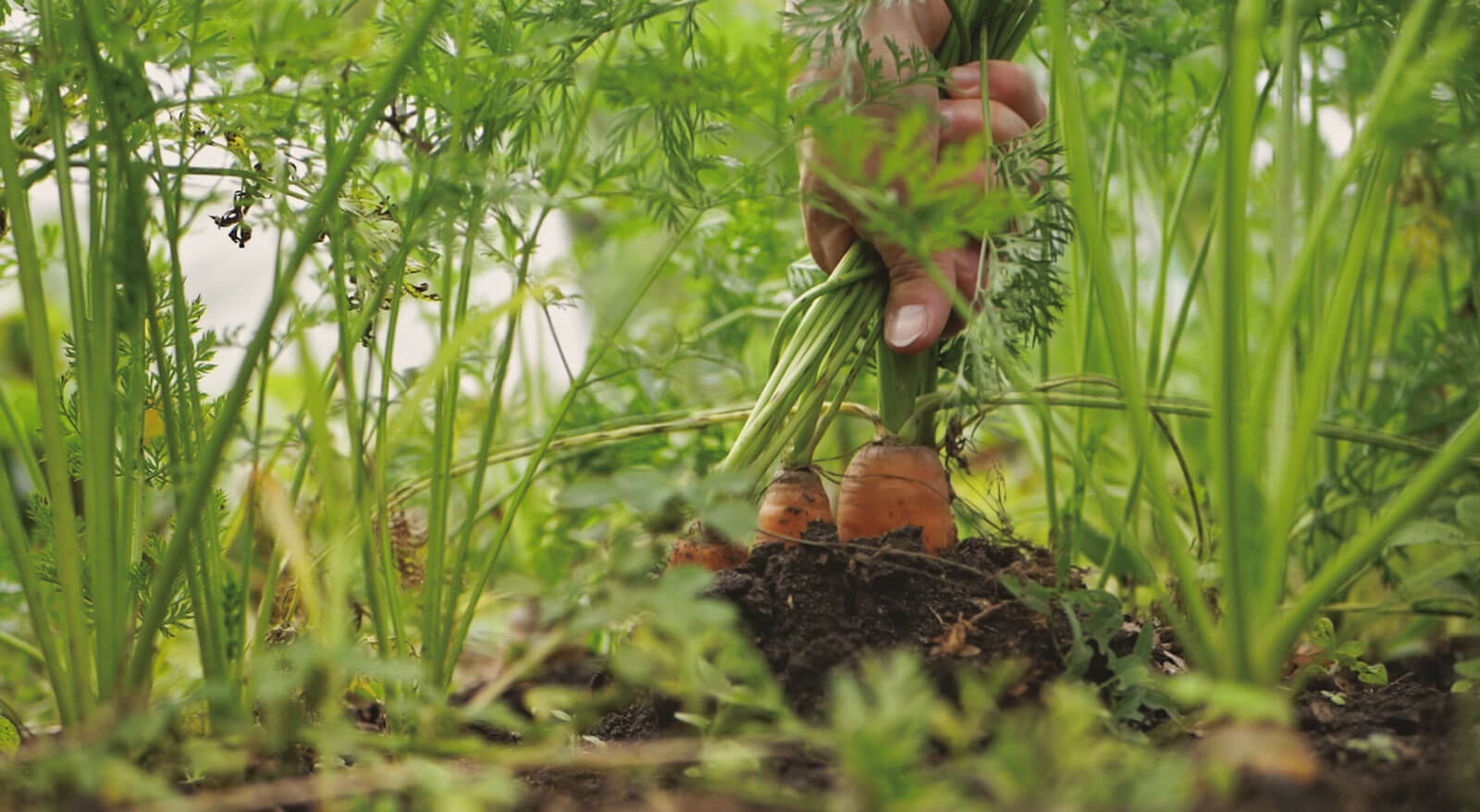
The Importance of a Food Safety Certificate
April 29, 2021
Regenerative Farming – A viable solution to Climate Change
May 11, 2021A little perspective on what it takes to bring high quality organic food products to the table.
With the number of people who seek to improve their health and lifestyles by consuming organic food products growing every year, the supply chain industry has evolved to accommodate the needs of the organic industry, which are even more intricate and complex than the usual.
Organic food products tend to be more perishable than their non-organic counterparts, and more sensitive to factors such as temperature, humidity, and pressure. The organic farmers are often small and family-run operations, which makes it even more difficult for them to achieve economies of scale when spending on shipping and transportation of their products. Some of the largest challenges that farmers, shippers, handlers, and retailers face are:
Government regulations
First, there are extremely strict regulations that governments put in place to qualify certain products as organic within their national markets. Regulations are put in place to ensure customers receive the quality they are looking for. These guidelines may be tougher in some countries than others, and that is why farmers, manufacturers, shippers, and retailers must maintain the highest operational standards regarding food safety and product traceability in the entire food industry.
Most of the requirements that are commonly accepted are also contain in a Food Safety Certificate, which will ensure that the product is of the highest possible quality and that it has been found to be approved by an independent third-party certifying agency.
Transparency across the entire supply chain
To comply with all the government regulations, and to comply with the independent certification agencies, each step of the supply chain must set procedures in place to reduce cross-contamination and co-mingling risks, as well as preventing fraudulent organic food products from becoming available to the final consumer. Records are to be kept from each step of the chain, from the farm to the container, to the warehouse, to the supermarket aisle.
Each organic food product ships to their destination with documents that show their journey from farm to table, and any certified organic food provider will be able to display this information to it´s customers. Physical and chemical characteristics of this products are also monitored thoroughly, as every batch or lot is tested and approved to ship anywhere across the globe.
Cold chain: Storage, handling, and shipping
As mentioned before, organic food products tend to have shorter lifespans and require more caution than its counterparts to safely arrive at the retail location and given that many of these organic food products may be more sensitive to temperature changes or heat exposure, it implicates that cold chain must be managed carefully to avoid any risks derived of handling organic food products. In recent years, we have seen the supply chain industry grow and adopt more complex products derived of the needs of these organic food products.
Technological features have been put into play, such as sensors that will measure variations in temperature, or software systems that allow for a quick cross-docking operation, which reduces warehousing time and brings products out to the customer quickly and efficiently. Regarding transportation, refrigerated or temperature-controlled trucks and vans are used to move organic products by land, as well as to deliver or cater them to it´s consumers. When travelling by sea, this products ship in ISO maritime containers, which come in various sizes and specifications. Refrigerated ISO maritime containers are equipped with an air conditioning unit which can ensure the cold chain is not broken, keeping the temperature anywhere between -30 and 30 degrees Celsius.
There are many different factors that come into play when we talk about the logistics of organic food products. In recent years, technology and accountability have led the path for handlers, shippers, and suppliers to make more efficient processes, and be able to provide customers with fresh, high quality products that have been carefully taken care of, and that pose no risk at all of any food safety hazard. As the demand for organic food products grows, logistics will continue to become more complex and detailed, bringing high quality organic food products on a more efficient and sustainable way.


